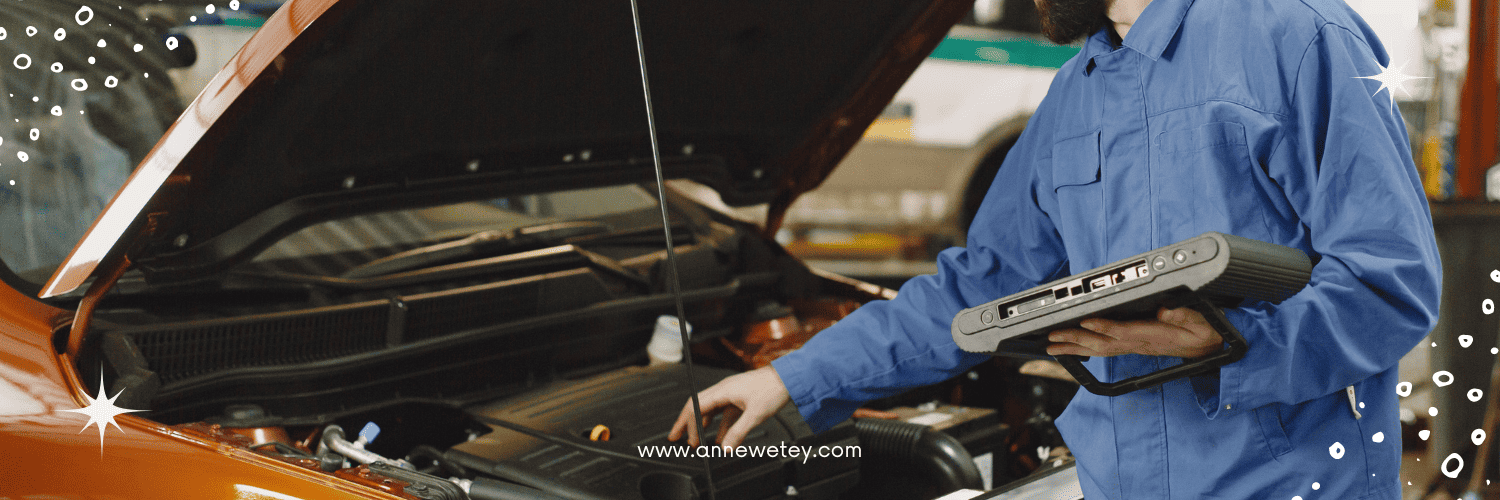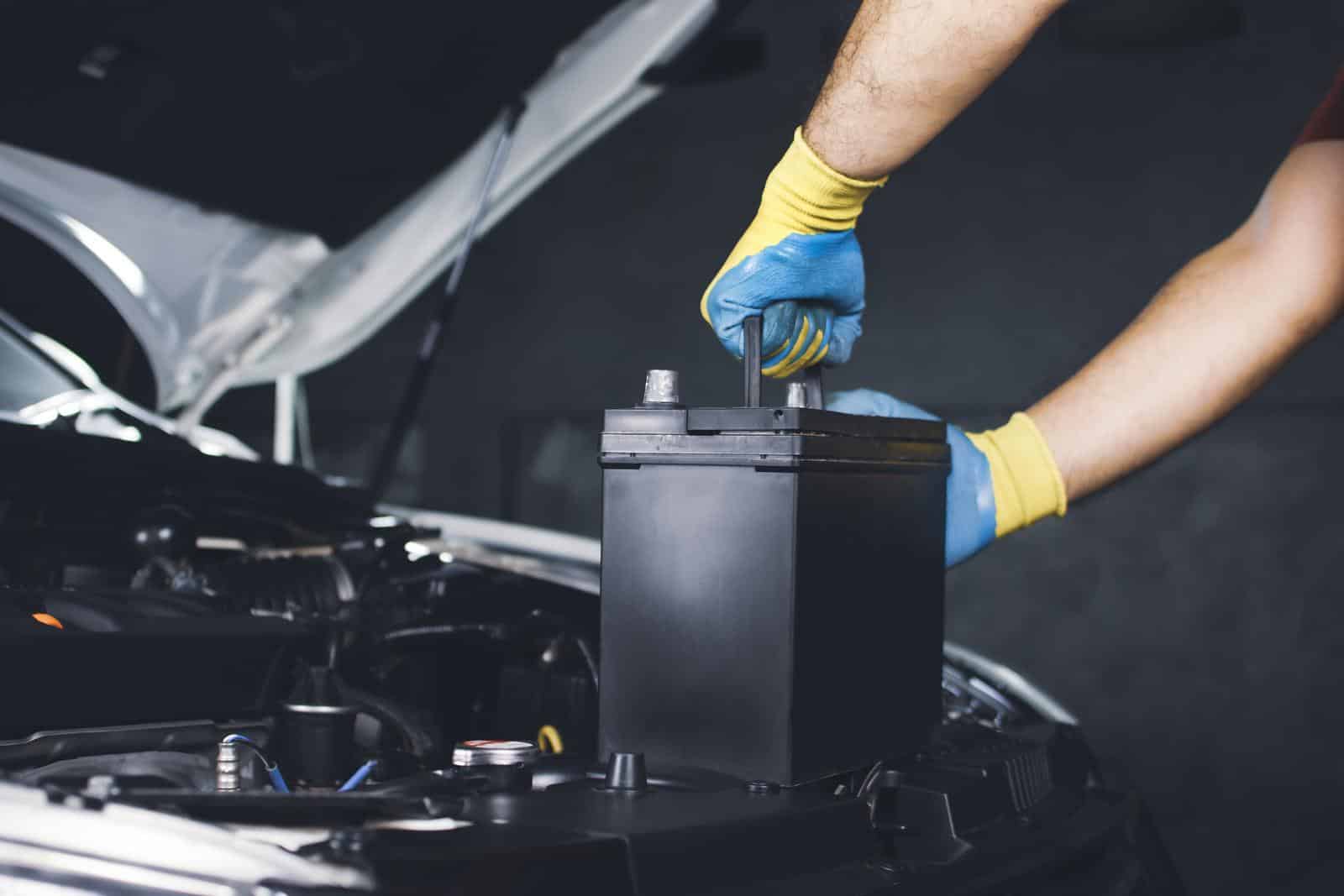Car Battery Overcharging
Introduction
Car Battery Overcharging is not a common battery problem but when it happens it can kill your battery within a matter of hours or a few days. It can also cause extensive damage to your engine compartment, battery terminals and cable and other sensitive electronics because of the excessive amount of corrosive gases and sulfuric acid which may leak out of the battery. This in turn can lead to increased risk of fire or explosion, and damage to other components in your vehicle.
Lets find out what causes battery overcharging, how to prevent it, and what to do if you suspect your battery has been overcharged.
What is Battery Overcharging?
Battery overcharging happens when the voltage supplied to the car battery exceeds its maximum recommended rating. The maximum voltage that a car alternator should output is typically around 14.5 to 14.8 volts. Anything more than this will cause an overload on the battery cells and excessive heat buildup. If not addressed promptly, overcharging can cause result in a dead battery and damage to car’s electrical system.
Causes of Overcharging
Overcharging often occurs when an external charging source, like an alternator or charger, is set at a higher voltage or left connected for an extended period of time.
In a car, the alternator is responsible for generating the electrical charge to replace the battery power lost when the car is started. It also provides the electricity to power the vehicle’s electrical components.

However, if the alternator is faulty, it can overcharge the battery. The voltage regulator, sometimes known as a governor, controls the output of the alternator. If any of the diodes within the alternator or the voltage regulator itself become faulty, it can result in excessive voltage. This excessive voltage can eventually lead to battery failure and cause other components to break down.
A faulty voltage regulator can easily be replaced and while some vehicles may allow for the repair of a faulty alternator, in most cases, it is necessary to replace the entire alternator to resolve the issue.
Understanding Alternators and Voltage Regulators
The alternator plays a vital role in keeping your car battery charged by providing a constant source of electricity throughout the day. The voltage regulator is responsible for ensuring that the battery is not overwhelmed with excessive electrical energy.
A broken alternator or faulty voltage regulator can result in an overcharge situation where the battery receives more power than it can handle.
Signs of Overcharging
Some common symptoms of overcharging include:
- Swelling or bulging of the battery case
- Extreme heat of the battery
- Lower than usual electrolyte fluid level
- Corrosion or discoloration of battery terminals
- Check engine light or battery dashboard light
- A rotten egg, burning smell or strange smell coming from the battery
- Slower-than-normal engine start when turning over
- There is a real possibility that overcharging will result in a battery explosion
How to Prevent Overcharging Your Car Battery
Unfortunately, there is no specific thing you can do to prevent overcharging in your car. But luckily it is not a common issue in modern vehicles.
One thing which may help you keep your battery healthy and catch the problem early on is regular monitoring of your battery charge level. You can check the voltage of your battery and alternator easily if you can take multimeter readings. For the correct voltage range of a healthy battery check out our article on Why Your Car Battery Voltage is Low.
Here are some other battery maintenance measures that will alert you to any problems with your battery:
- Check and clean battery connections regularly to prevent corrosion buildup.
- Monitor the battery voltage and charge level and recharge as needed.
- Inspect and fix any loose connections on the battery terminals.
- Regularly inspect the alternator and belt to ensure they are in good condition.
- If you do need to charge your battery follow the manufacturer’s instructions for proper battery charging.

Solutions for Overcharging
If you suspect that your car battery has been overcharged, take the following steps:
- As we explained earlier overcharging can damage your battery very quickly and so you will most likely need a battery replacement.
- Check the alternator’s voltage output using a multimeter or have a professional inspect it. Most likely you will need a Professional Mechanic to replace or repair the alternator.
- Reduce electrical loads in your vehicle, such as stereo systems, or limit idle time.
If you are using an external charger:
- Monitor the battery while it is charging and unplug the charger when it is done.
- Consider investing in a trickle charger that slowly charges the battery, preventing overcharging.
- Invest in a smart battery charger that automatically stops charging when the battery is full.
Possible Damage from Overcharging
Whereas undercharging can take days or months to damage your car battery, the effects of overcharging will damage your battery in a matter of hours and days. If left unaddressed, overcharging can quickly and permanently damage your car battery and you will need to a replacement battery. Additionally, acid leaks from the battery can damage sensitive electronic parts, the vehicle chassis, and even the parking surface.
In rare cases, an overcharged battery can explode, causing extensive damage and repair costs. Taking early steps to address overcharging can help avoid these expensive consequences.
Conclusion
By understanding the causes of battery overcharging, implementing preventive measures, and knowing what to do if overcharging occurs, you can protect your car battery and avoid costly repairs. Regular monitoring, maintenance, and adherence to manufacturer guidelines are essential to ensure the longevity and safety of your car’s electrical system.
Author Bio: Victor Jaxen is a highly experienced Sales and Marketing Manager in the automotive industry. With over twenty years of experience, he has demonstrated expertise in customer service, automotive engineering, and car batteries and electrical systems. Holding a Master of Engineering – MEng degree in Manufacturing Engineering from Cardiff University / Prifysgol Caerdydd, Victor is passionate about delivering exceptional results and utilizing his skills to drive business growth. With his comprehensive knowledge and understanding of the automotive industry, Victor provides accurate and reliable information on a wide range of topics, including car batteries and electrical systems. Stay tuned to annewetey.com for valuable insights and industry expertise from Victor Jaxen!


 Previous Post
Previous Post Next Post
Next Post
